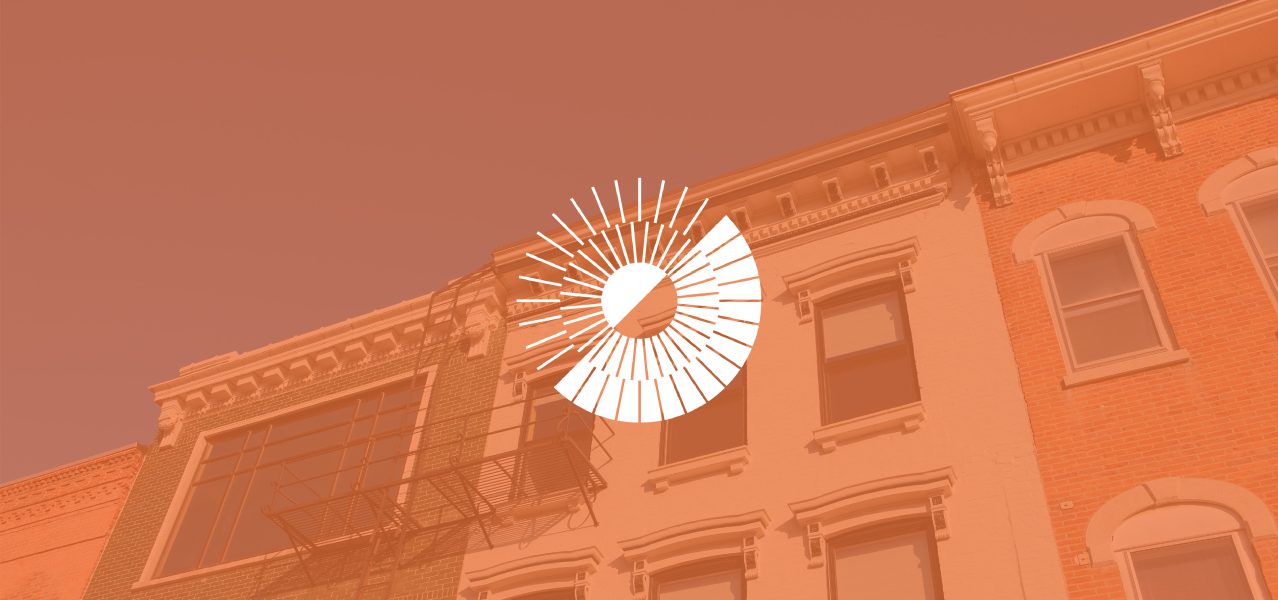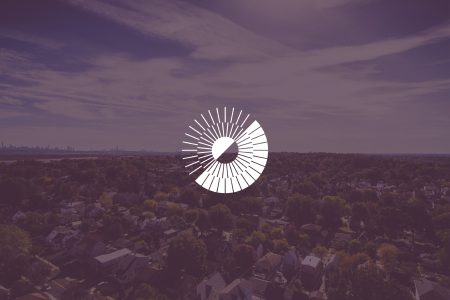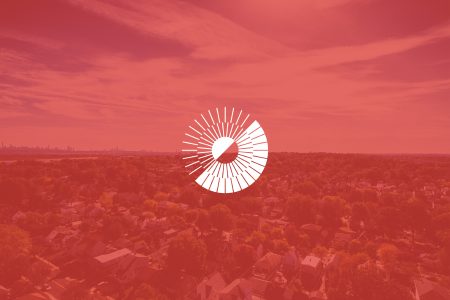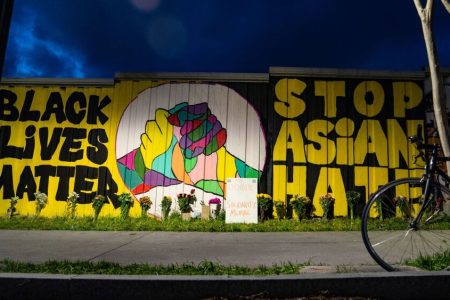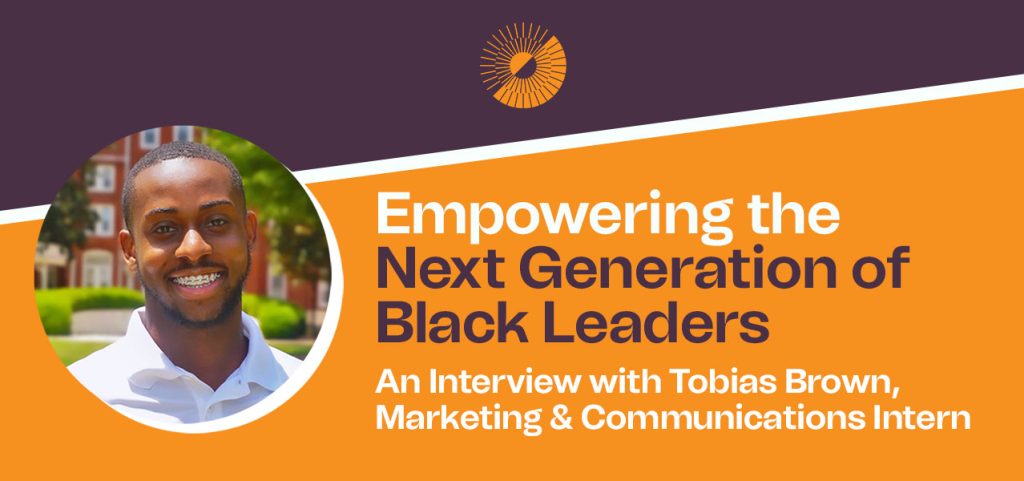
As students across the country return to school, we are reminded of the rich legacy and vital role that Historically Black Colleges and Universities (HBCUs) play in empowering future Black leaders.
Last year, the African American Alliance of CDFI CEOs partnered with Local Initiatives Support Corporation (LISC) to support the next generation of leaders in the economic development space. Through this partnership, we provided valuable experience and mentorship to students from HBCUs by placing them with our member CDFIs. The Alliance itself has greatly benefited from this program; an example is through the work of Tobias Brown now serving as our Marketing & Communications intern since April 2024.
Tobias Brown is a shining example of the talent and drive that HBCUs cultivate. His internship at The Alliance has not only supported our mission but also helped him grow personally and professionally.
As part of our celebration of HBCUs, we sat down with Tobias for a Q&A to learn more about his experience and the impact his HBCU education had on his journey.
Q: Can you share what you’re studying and tell us a bit about your HBCU?
Tobias: I’m a senior at Morehouse College, majoring in Political Science with a Pre-Law focus and minoring in Business. Morehouse is a historically Black college that has played a significant role in shaping African American leaders for generations. Being at Morehouse is like being part of a rich legacy that pushes me to strive for excellence, both academically and personally.
Q: What motivated you to choose an HBCU for your education? How has attending an HBCU shaped your personal and professional development?
Tobias: I chose to attend an HBCU because I believe that every African American should have the opportunity to be molded in an environment that is specifically designed for them. Growing up in a rural, poverty-stricken area as a first-generation college student, I knew that an HBCU would provide the support and community I needed to excel. Morehouse has given me the chance to forge meaningful relationships and access opportunities that I might not have had elsewhere.
Attending an HBCU has been transformative for me. It has not only provided a nurturing environment but also a platform to engage with like-minded individuals who are passionate about social justice and leadership. Morehouse has empowered me to pursue my goal of becoming a Federal Prosecutor, working to reform the legal system and fight against mass incarceration, particularly the biases against Black men.
Q: Can you tell us about your experience interning for a CDFI and for The Alliance? How did you become involved in interning at a CDFI, and what drew you to this opportunity?
Tobias: My experience interning for a Community Development Financial Institution (CDFI) and for The Alliance has been incredibly rewarding. I became involved in the CDFI internship through my desire to contribute to the economic empowerment of marginalized communities. The opportunity to work with a CDFI allowed me to combine my passion for social justice with practical financial tools to help underserved populations. The Alliance internship, on the other hand, aligned perfectly with my career aspirations by providing exposure to African American CEOs and professionals.
Q: How has serving as an intern for a CDFI and for The Alliance influenced your academic and career goals?
Tobias: These internships have solidified my commitment to using my legal education to advocate for systemic change. Working with a CDFI has shown me the importance of economic development in creating long-term, sustainable communities, which is a perspective I will carry into my legal career. My first time interning for a CDFI, Albany Community Together, INC. my understanding of the intersection between law, policy, and community advocacy. Interning with the Alliance has helped me connect with African Americans in the financial sector that can provide me with mentorship and guidance.
Q: What specific skills or knowledge have you gained from your internship with a CDFI?
Tobias: Through my internship with a CDFI, I gained valuable skills in financial analysis, community outreach, and understanding the regulatory environment for financial institutions. I also learned about the critical role that CDFIs play in providing access to capital in communities that are often overlooked by traditional financial institutions.
Q: How do you see the mission and values of CDFIs aligning with those of HBCUs?
Tobias: The mission of CDFIs to support economic development in underserved communities aligns closely with the values of HBCUs, which focus on educating and empowering African American students to be leaders in their communities. Both are committed to creating opportunities and reducing disparities, making them natural partners in fostering community growth and development.
Q: How can internships like yours help foster a stronger connection between CDFIs and HBCU students and graduates?
Tobias: Internships like mine can serve as a bridge between CDFIs and HBCUs by providing students with hands-on experience in community development finance. These internships can also highlight the importance of economic empowerment in social justice, encouraging more HBCU students to consider careers in this field. Strengthening this connection can lead to more collaborative efforts to support underserved communities.
Q: What advice would you give to prospective students considering attending an HBCU and interning for a CDFI?
Tobias: I would advise prospective students to embrace the unique experience that an HBCU offers. It’s a place where you can grow both personally and professionally while being surrounded by a supportive community. If you’re passionate about social justice and economic empowerment, interning at a CDFI can provide you with the skills and knowledge needed to make a real impact. Don’t hesitate to seek out these opportunities—they can be life-changing.

